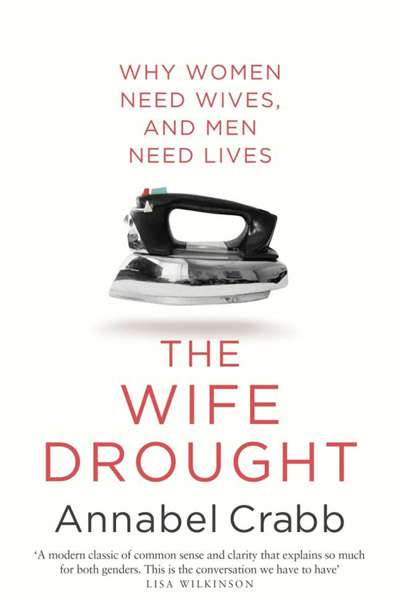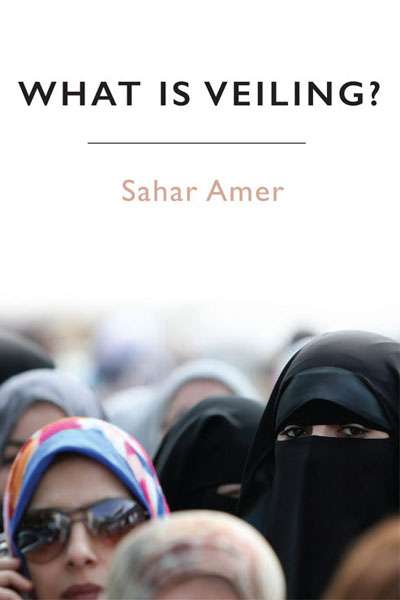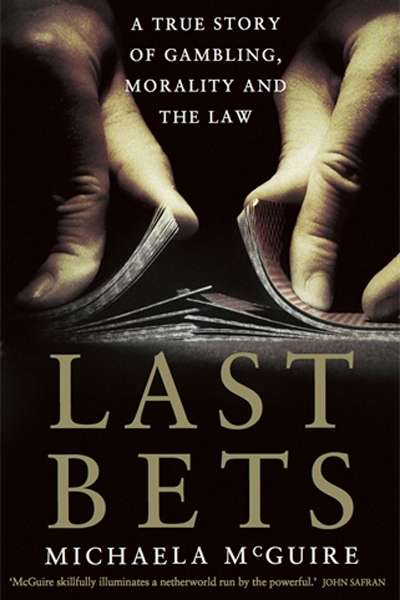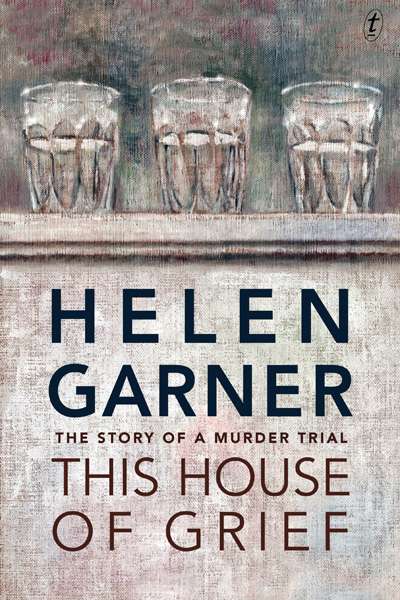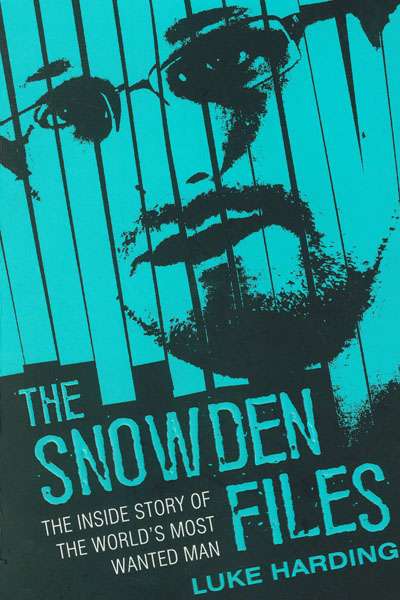Society
The Wife Drought: Why women need wives, and men need lives by Annabel Crabb
Why is it that women with supportive partners are still thought of as lucky, as if they have won a lottery? In the winter of 2012, Annabel Crabb ran into Tanya Plibersek, who had raised three children over the course of a successful parliamentary career with the help of her husband, a senior state bureaucrat. When Crabb commented on how fortunate they were to have helpful spouses, Plibersek replied, with characteristic dry wit, that she sincerely hoped they would be the last generation who needed to feel lucky about that.
... (read more)The Impulse Society: What’s wrong with getting what we want? by Paul Roberts
Paul Roberts’s The Impulse Society is the latest entry in a now familiar subtype of polemic: that of the society in decline, the symptoms of which run the gamut of Western post-industrialist ills from childhood obesity to the meltdown of global economic markets, and the syndrome of which is, at root, advanced capitalism. The lineage can be traced back through, among many others, Chris Hedges’ Empire of Illusion: The End of Literacy and the Triumph of Spectacle (2009), Neil Postman’s Amusing Ourselves to Death (1985) and Guy Debord’s The Society of the Spectacle (1967).
... (read more)As a child growing up Catholic in the late 1960s, I wore a black lacy veil over my hair to church every Sunday. After losing my religion sometime in my mid-teens, I had forgotten about this veil wearing until I found myself arguing with far too many people about the ‘burqa ban’. The general vitriol, together with the presumptions many people hold about Muslim women in particular, and Islam more generally, make me wonder how veiling has generated such significance in everyday life, national policy, and foreign affairs.
... (read more)Last Bets: A true story of gambling, morality and the law by Michaela McGuire
Last Bets examines the case of Anthony Dunning, a forty-year-old man who died four days after being pinned to the floor face-down by bouncers at Melbourne’s Crown casino in July 2011. The incident was reported to police not by Crown but by Dunning’s friends two days later, while the man lay in intensive care. A spokesperson for the police said that Crown was not required by law to have reported the incident, though ‘they probably had a moral obligation’ to do so.
... (read more)The Life of I: The new culture of narcissism by Anne Manne
It is now approaching eighty-five years since Freud published his seminal book, Civilization and Its Discontents (1930). A foundational work of psychoanalytic cultural criticism, Freud’s focus was repression and its cultural consequences. He argued that sexual repression, and its associated guilt, had become the fundamental problem of modern societies. Freud understood society as a kind of trade-off: unfettered sexual pleasure is sacrificed for a sense of collective security. Freedom of the self is limited in the name of social order. ‘Civilization,’ Freud wrote, ‘is a process in the service of Eros, whose purpose is to combine single human individuals, and after that families, then races, peoples and nations, into one great unity.’
... (read more)In August 2013, Robert Farquharson was denied special leave to appeal to the High Court against his conviction for the murder of his three young sons Jai, Tyler, and Bailey, aged ten, seven, and two. This was the final legal chapter in the lengthy story Helen Garner explores in This House of Grief.
Garner begins with the ‘Once’ that prefaces fairy tales – stories we think we know well enough to recite from memory; clear, oracular, and resonant: ‘Once there was a hard-working bloke who lived in a small Victorian country town with his wife and their three young sons.’ One day, ‘out of the blue, his wife told him that she was no longer in love with him’. Transformed by this into ‘the sad husband’, Farquharson packs a suitcase and leaves, saddled with the ‘shit car’ of the two owned by the couple.
... (read more)Matthew Condon is fast becoming the George R.R. Martin of Australian true crime. Like the Game of Thrones author, Condon is part-way through the delivery of a saga of epic proportions. However, whereas some fantasy fiction fans doubt that Martin will ever conclude his A Song of Ice and Fire series, everyone knows how the story of corruption in Joh Bjelke-Petersen-era Queensland ends. But knowing the ending doesn’t lessen the shock of the telling. Jacks and Jokers, the second instalment of Condon’s trilogy (the conclusion, All Fall Down, is slated for release in 2015), sprawls and appals in equal measure.
... (read more)Sometimes the simplest of mistakes reveals far more of our preconceptions about human acts and motives, and about the complex relationships that make a human society, than we could have imagined. Such was the case with what journalist and lawyer Julie Szego dubs the ‘tainted trial’ of Farah Jama, a young Somali man who spent eighteen months in prison for a rape that almost certainly never happened.
Jama, who was accused of raping a woman found unconscious in a locked toilet cubicle in a Melbourne suburban nightclub in 2006, is the most notable Australian victim of what has been called the ‘CSI effect’: an uncritical regard for scientific techniques in the collection and analysis of evidence in criminal cases. His conviction relied solely on DNA testing, and almost nothing to corroborate it was cited at his trial. The fact that no one in the nightclub on the night in question remembered seeing a tall black man on a dance floor thronged with white faces, and that the club’s closed-circuit television tapes showed no such person entering or leaving the premises, apparently did not bother the jury or the trial judge. Nor did the fact that the woman had not even a hazy memory of the ordeal she was believed to have suffered.
... (read more)‘Dear Dr Blewett, I am writing to you ... concerning your intention to publish the diary you kept during the first Keating Government ... Whether any legal action, criminal or civil, is initiated would be entirely a matter for the Commonwealth government and relevant authorities ...
... (read more)The Snowden Files by Luke Harding & No Place to Hide by Glenn Greenwald
1984 is back. George Orwell’s nightmare vision of governmental surveillance, secrecy, and deception clearly resonates with the revelations first leaked to the Guardian by former National Security Agency (NSA) contractor Edward Snowden. Indeed, it is practically impossible to find an account of the Snowden affair without at least one ‘Orwellian’ adjective dropped into the mix. Sometimes it comes qualified: Justice Richard J. Leon, District Court Judge for the District of Columbia ruling in December 2013 that the bulk collection of US mobile phone records was probably unconstitutional, called the NSA program ‘almost Orwellian’. This decision is currently under appeal.
... (read more)

